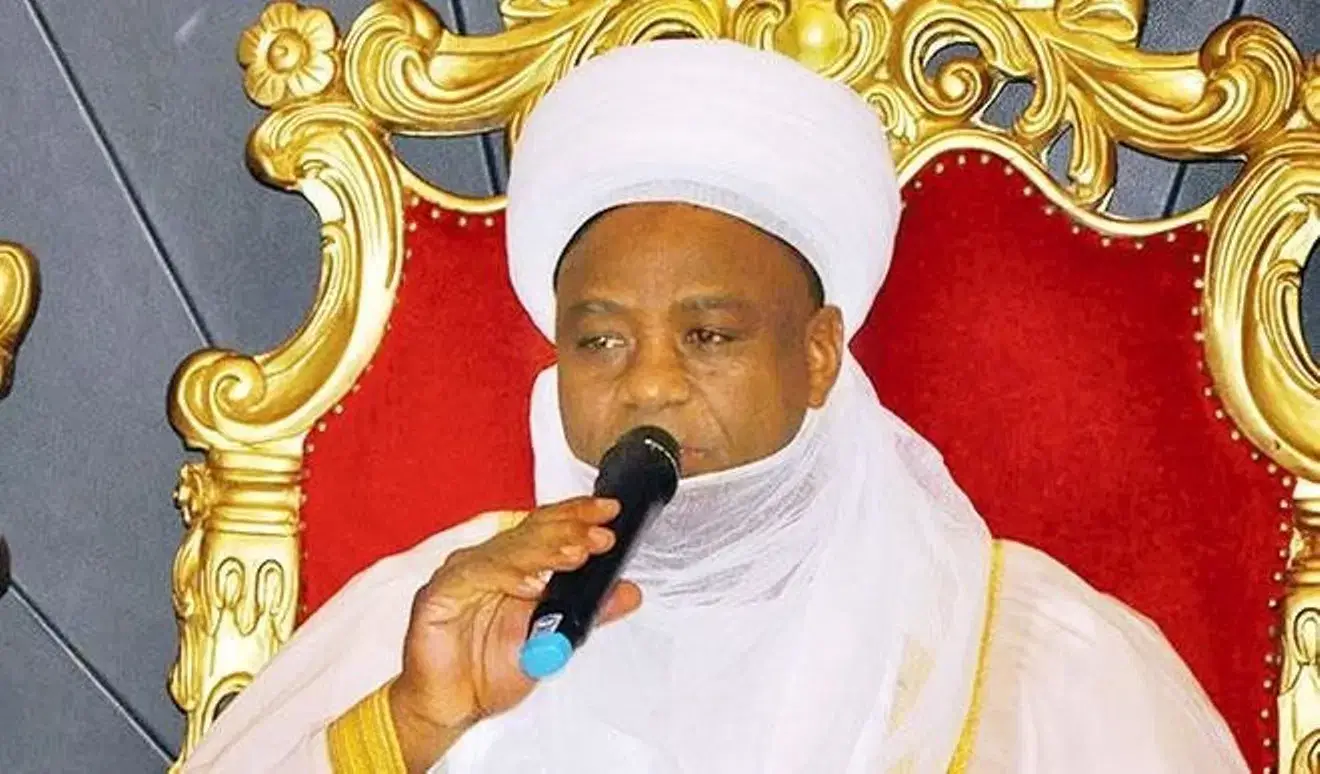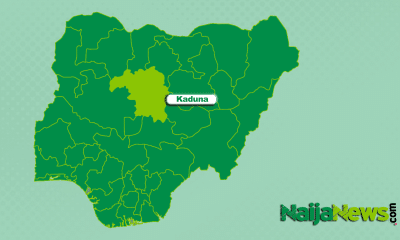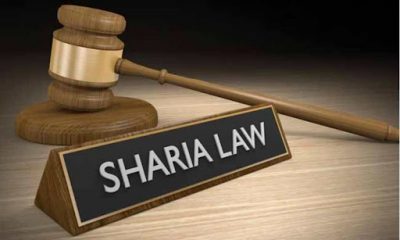Nigeria News
Allow Sharia Courts For Muslims – Sultan’s Islamic Council Warns South West Governors

The Nigerian Supreme Council for Islamic Affairs (NSCIA) has insisted that Muslims in the South West region must be allowed to establish Sharia Courts to settle disputes in line with their religious beliefs.
Naija News reported that the Ekiti State Government banned any establishment of Sharia Court in the state. Governor Biodun Oyebanji said the courts in the state were enough to settle all disputes across religion, marriage and traditional matters.
In a statement on Wednesday, the Sultan of Sokoto, Muhammad Sa’ad Abubakar, led NSCIA, said the ban was a contravention of the rights of Muslims as contained in the Constitution.
The Council warned South-West governors to refrain from hindering Yoruba Muslims from exercising their religious rights.
It read: “The Nigerian Supreme Council for Islamic Affairs (NSCIA) —under the leadership of its President-General and Sultan of Sokoto, His Eminence, Alh. Muhammad Sa’ad Abubakar, is particularly disturbed about the high spate of intolerance and disregard for the rights of Muslims, especially in the southern part of the country.
“The most recent of this is the development emanating from Ekiti state where the efforts of the Muslim community to set up an Independent Shariah (Arbitration) Panel was met with unwarranted resistance and objections from both political and traditional quarters.
“This is coming barely few weeks after the announcement on the inauguration of a Shariah panel in Oyo State generated unnecessary anxiety thereby leading to its indefinite postponement.
“The Independent Arbitration Panel, which is a voluntary platform designed solely for the resolution of civil and marital disputes among consenting Muslims, was to fill the inexplicable vacuum created by the failure of the political elite in South-Western Nigeria to establish Shariah Courts, as allowed by the Nigerian Constitution, in South-Western states, despite the huge population of Muslims in the region.
“This and other cases, such as the denial of the rights of female students to wear the Hijab despite a Supreme Court judgement, are nothing but calculated attempts to prevent Muslims in the region from practicing their faith.
“Meanwhile, Arbitration and the Shariah Court of Appeal, just like the Customary Court of Appeal (which all of them have) are provided for in the 1999 Constitution (as amended) of the Federal Republic of Nigeria (see section 275), confirming the legality of both initiatives.”













